Elder Abuse is defined by the World Health Organization as “a single, or repeated act, or lack of appropriate action, occurring within any relationship where there is an expectation of trust which causes harm or distress to an older person.”
Elder abuse often occurs when there is an imbalance of control. The abuser either limits or takes control over the rights and freedoms of the senior. The abuse/violence is used to intimidate, humiliate, coerce, frighten or simply to make the senior feel powerless.
Elder abuse or elder mistreatment is a multidimensional phenomenon, that encompasses a broad range of behaviors, events, and circumstances. Unlike random acts of violence or exploitation, elder abuse does not always occur as an isolated incident; rather it is recurrent in up to 80% of cases.
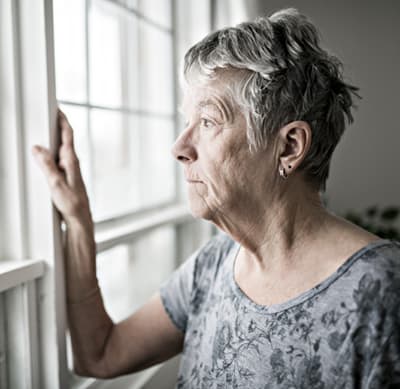
How many Ontarians are facing elder abuse?
Elder abuse is a serious and growing injustice in our community.
The magnitude and extent of the elder abuse cases occurring in Ontario is not fully known, due in part to limited data collection and underreported cases. However, studies indicate that between 8% to 10% of older adults experience some form of abuse. Based on Census data (2020), there are currently 2 million older adults over the age of 65 residing in Ontario, which translates to over 200,000 older adults in Ontario alone, experiencing, or at-risk of elder abuse.
Ontario is also facing a significant demographic shift, according to Ministry of Finance Census Data. The number of seniors over 65 is projected to more than double in Canada or in Ontario to almost 4.2 million, or 24.0 per cent, by 2036. Given the significant growth increase of seniors, it is imperative that we take action to prevent and assist seniors who are at risk and are experiencing abuse, otherwise between 84,000 and 420,000 seniors could be affected in the future!
Forms of Abuse
Financial Abuse
The most common form of elder abuse, financial abuse, is defined as any improper conduct, done with or without the informed consent of the senior that results in a monetary or personal gain to the abuser and/or monetary or personal loss for the older adult. In the experience of Elder Abuse Prevention Ontario, most financial abuse is perpetrated by family members.


Psychological Abuse
Emotional and Psychological abuse is any action, verbal or non-verbal, that lessens a person’s sense of identity, dignity and self-worth.
Physical Abuse
Physical abuse is any act of violence or rough handling that may or may not result in physical injury but causes physical discomfort or pain.
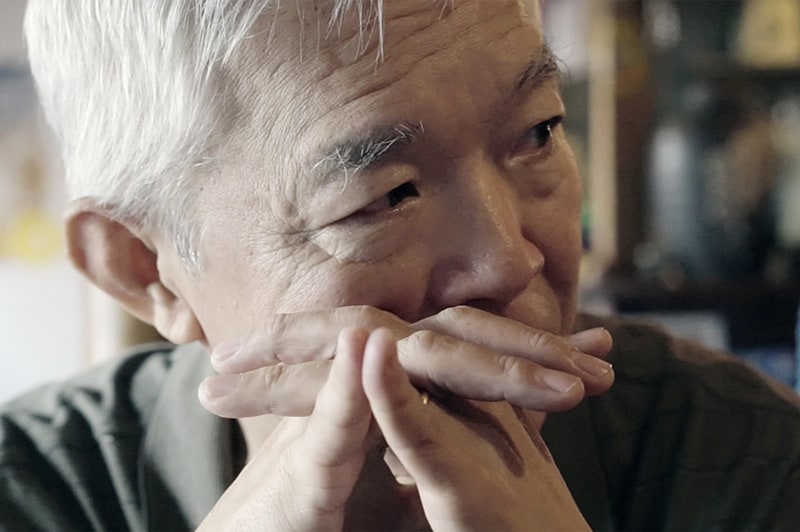
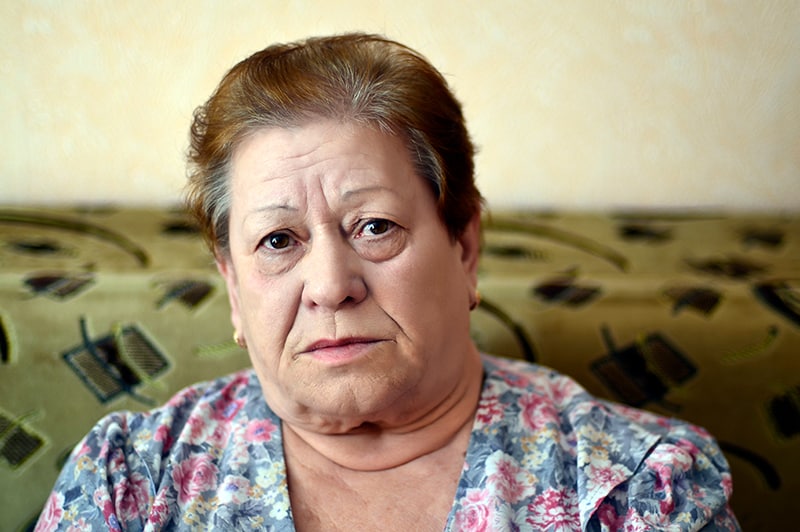
Sexual Abuse
Sexual abuse is any sexual behaviour directed toward an older adult without that person’s full knowledge and consent; it includes coercing an older person through force, trickery, threats or other means into unwanted sexual activity.
Neglect
The failure to meet the needs necessary for the older person’s physical and mental well-being. It may be passive neglect due to lack of experience, information, resources or ability.
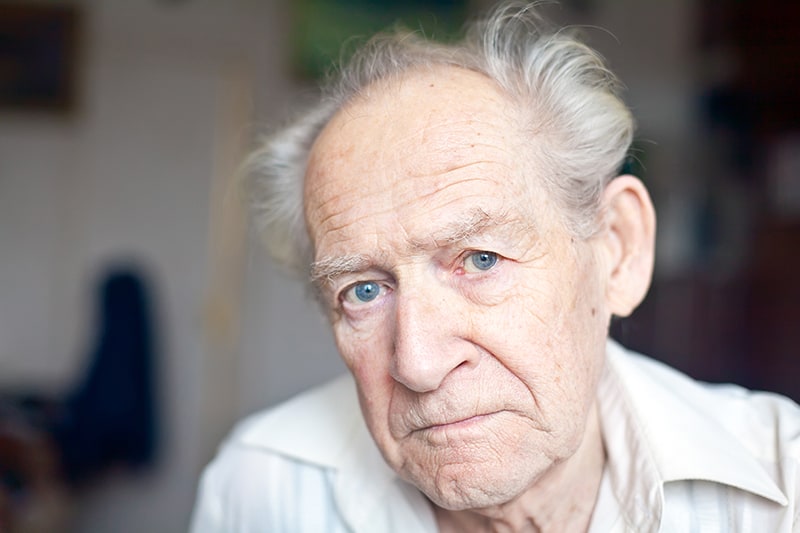
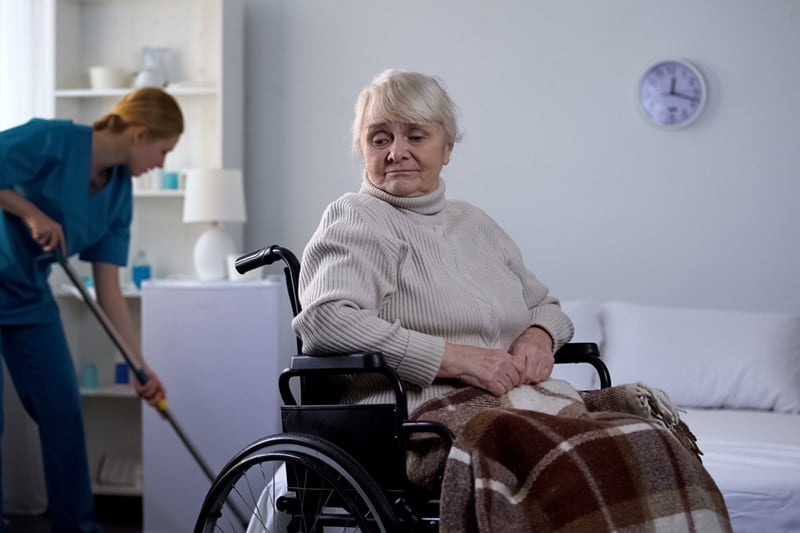
Systemic Abuse
Systemic abuse (also called institutional abuse) refers to rules, regulations, policies, or social practices that harm or discriminate against older adults. Systemic abuse includes rules that are developed for an apparently neutral purpose, but that hurt the person.

